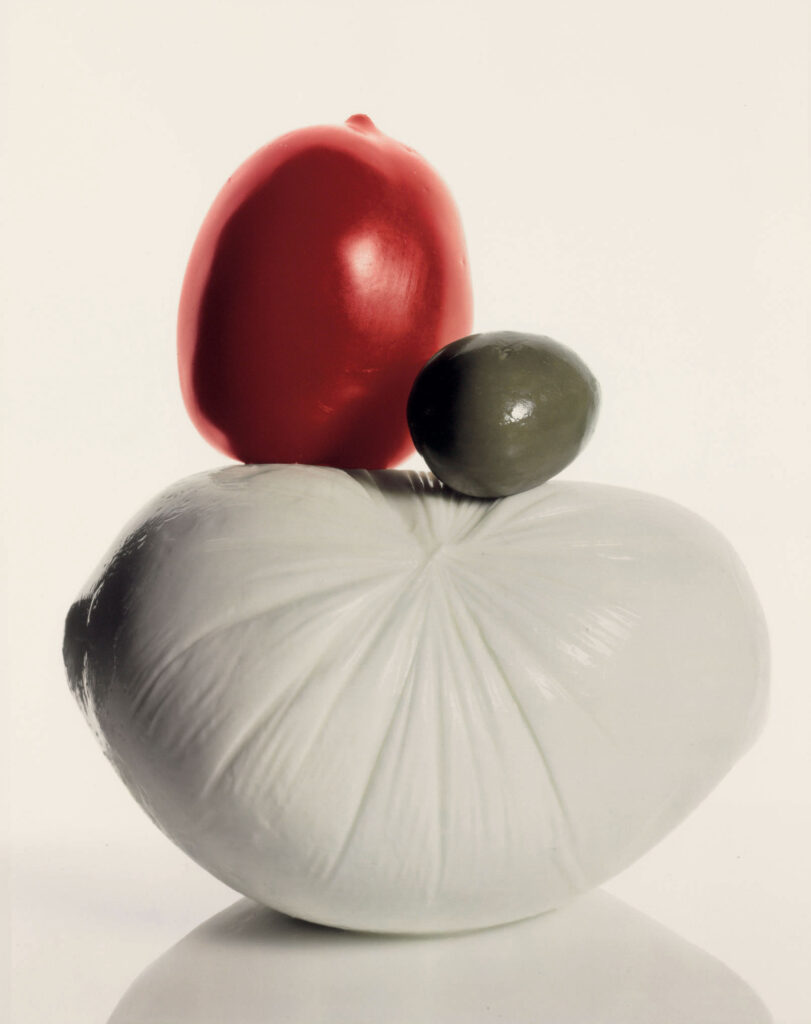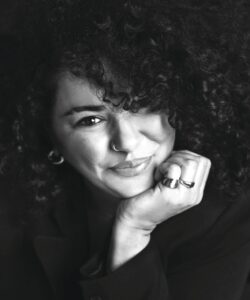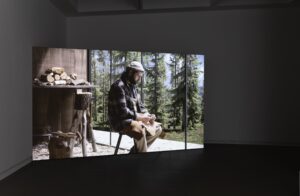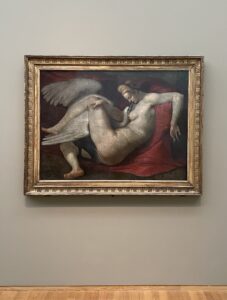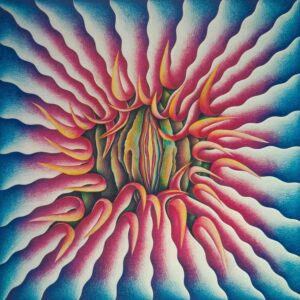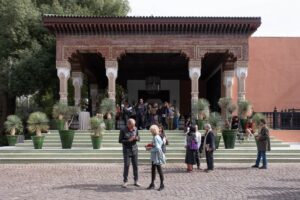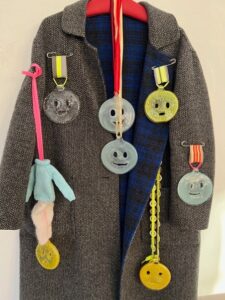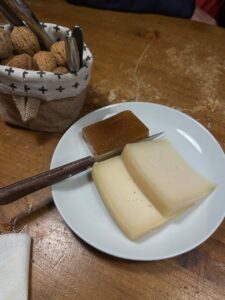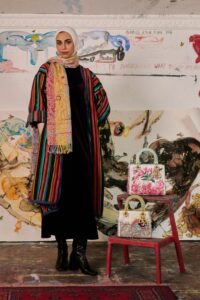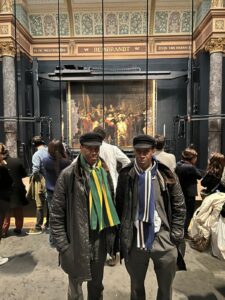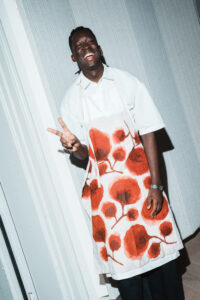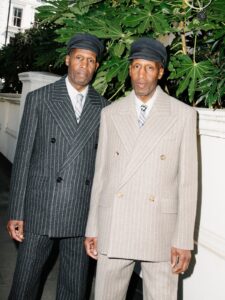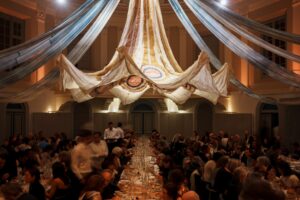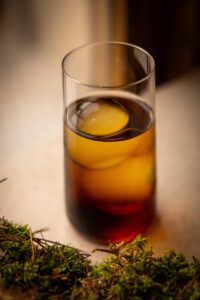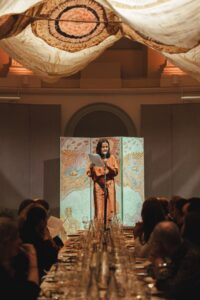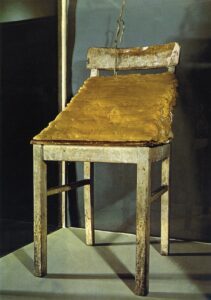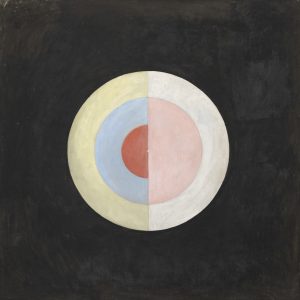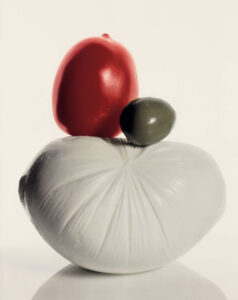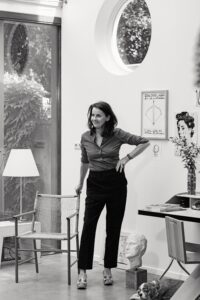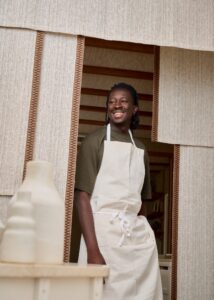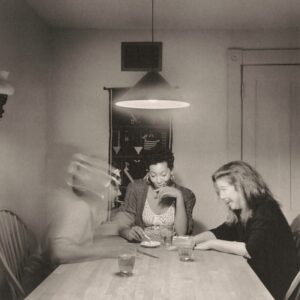A blessed life outdoors
The Islington Twins
Chuka and Dubem Okonkwo, ‘The Islington Twins’, have called London their home ever since they were born at an East London hospital in 1962. Now, the impeccably dressed brothers live on its streets. To master their situation, they live by their own set of rules. Exclusively for See All This, they documented their daily lives and routines.
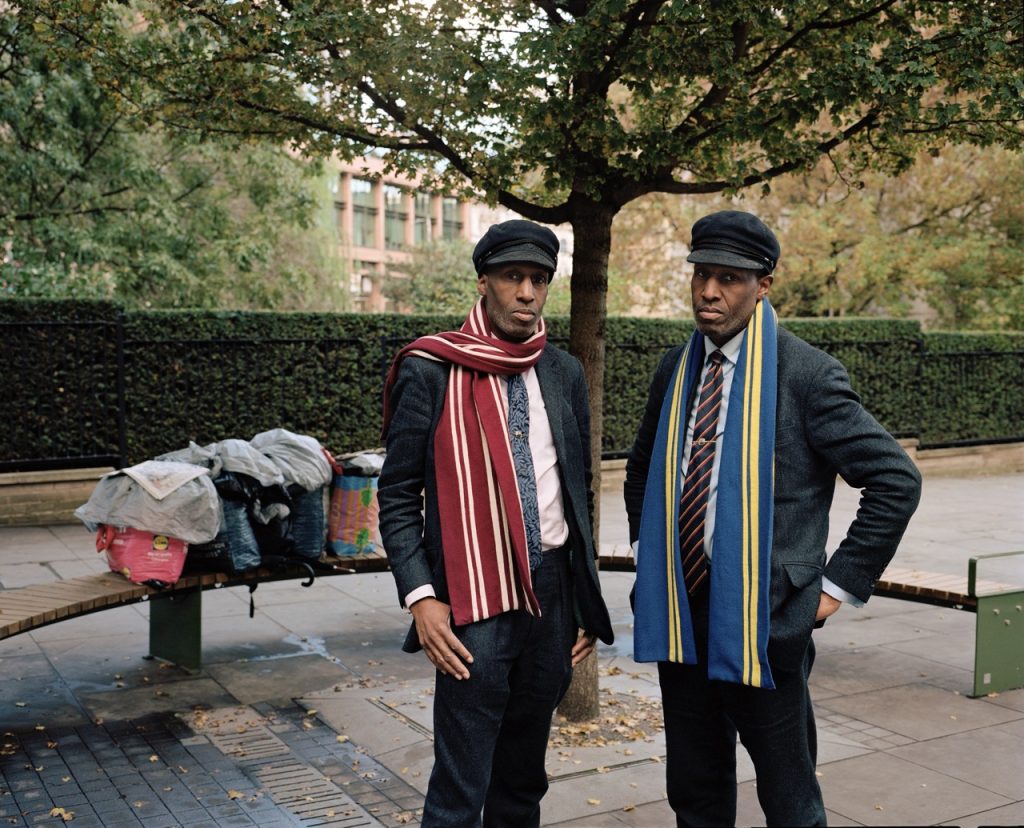
Nobody plans to be outdoors in London, spending time with the sky as their roof and the ground as their floor, constantly at the mercy of the wind, rain, snow or hot sun; not when they can be in the comfort of indoors. Alas, things can happen in this life. Our answer to anyone who wonders how we ended updwelling outdoors is simply this: ‘It happens to some, but not to all; it can happen to anyone, but it doesn’t happen to everyone.’ During our time outdoors we have followed certain principles, rules and ways of thinking and behaving:
- Act as a training consultant at all times irrespective of what people may think.
- Never address members of the public unless they speak to us first.
- Never ask anyone for anything or speak of lack or hard times.
- Keep away from offers of help from homeless charities, the council and the state – kind and well meaning as they are – and rely solely on one’s inner power to attract whatever is required. What these bodies offer is for the vulnerable, and we are not vulnerable. We are training consultants offering a mental fitness service for corporate bankers and lawyers.
- Keep where we sleep at night and stand during the day clean by leaving both areas spotless in the morning and evening when moving from one area to the other.
Whenever anyone asks if we are homeless, this is our reply: ‘Life sets the examination. We are temporarily, outdoors, not homeless. There’s a difference. Outdoors states exactly where you are: outdoors. Homeless states what you are. We are not homeless; we are training consultants.’
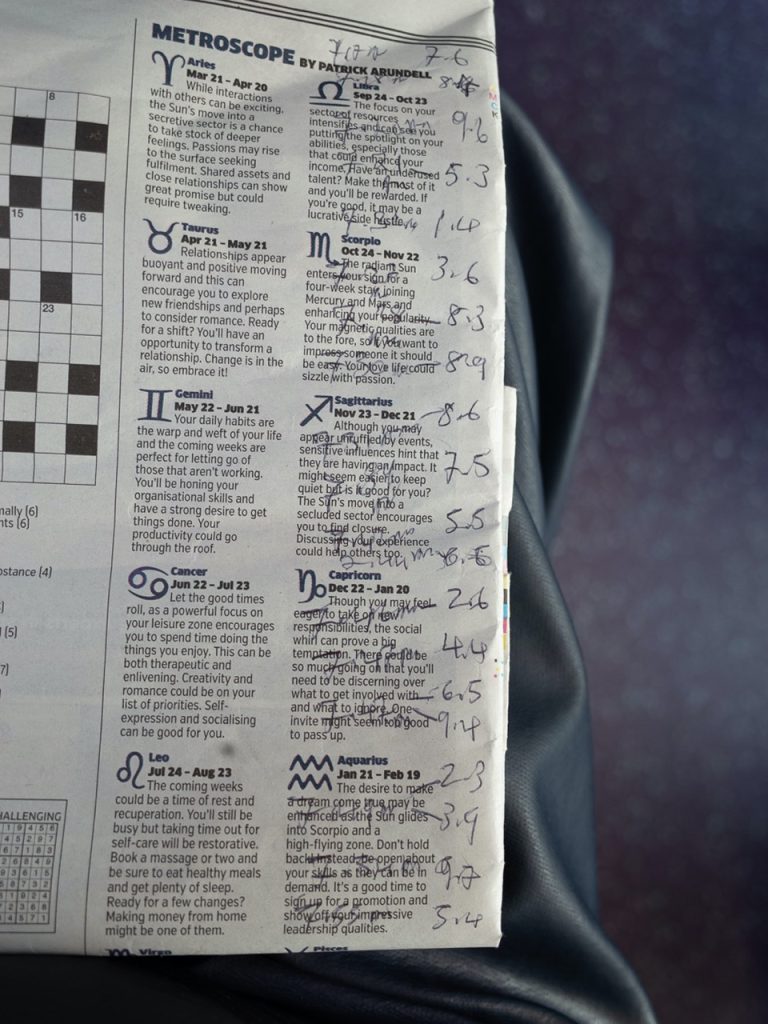
We are not outdoor people in the slightest; we are indoor people. We do not share the love and affection that many have for being out in the fresh air; leaving one’s home to go for a stroll in the park or round the block has simply no appeal. When indoors, we don’t leave unless we’re going shopping, seeing friends or visiting galleries and museums.
In March 2020 a combination of the pandemic and lockdown meant we found ourselves spending our entire time outdoors (24 hours every day for weeks and months) without any sign of things coming to an end. (Between 22 March 2020 and 12 December 2022 we spent 11 weeks indoors.) In our opinion, to spend 24 hours of each day with the sky as your roof and the ground as your floor, puts one in a position to understand the challenges posed by such an existence. If you want to feel what it’s like to be outdoors then forget about spending a few nights in a sleeping bag; do it properly. Doing it properly means existing without any state support or help from the council, no Universal Credit or begging cup for spare change from empathic members of the public, and no assurance that on a given day you’re guaranteed access to finance.
The real outdoor experience is the uncertainty of the present and the unknown future promising much of the same. Eating and sleeping outdoors, reading and studying outdoors, doing everything in the open. There’s no daily shelter, e.g. a library or public space, in which to hide from the elements during the day till the night falls. Rain, sunshine, snow or wind, all have to be borne and the challenge is to make the best of the situation by guarding one’s mental environment.
How does one survive in such an environment with such rigid rules? Focus on your mental state: how you are feeling and thinking. Your mental environment is your home, not the street or wherever you find yourself. You have no control over the external environment, so whether there’s a heatwave next week, the city’s knee deep in snow, the rain is so heavy the Met Office has issued an amber alert, or Storm Henrietta is on her way, none of these things are worth thinking about. Life’s examination can occur at anytime or many times in a lifetime, irrespective of whom you are, what you possess or in some cases don’t possess, e.g. property, qualifications or talent.
‘We are not outdoor people in the slightest; we are indoor people’
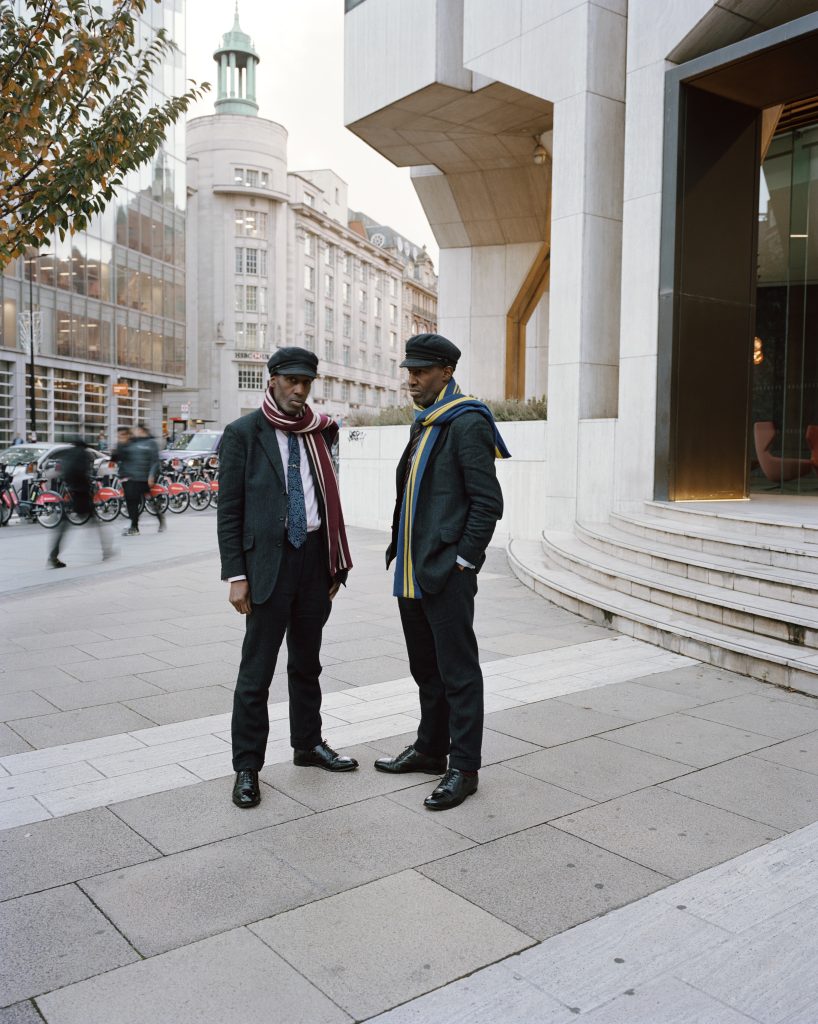
The above words are not a different way of saying: ‘Home is where the heart is.’ In that phrase, the words home and heart are connected by the verb is. This can mean that your home is wherever you make it or whatever you make of it. If your home is in your heart, then there resides your comfort. However, a ‘king is a king’ mentality is concerned solely with the mental state and conduct at all times, irrespective of whether the environment is favourable or not. The mental state of such an individual is not dependent on the environment in any way. Whether there’s comfort or discomfort – throne, dungeon or exile – the regal state of kingship is always maintained, even at the point of death, i.e. the firing squad. The external environment means nothing to an individual with a vision of self worth.
Kingship equals a calm and positive state of mind at all times, unaffected by one’s environment, knowing that no material possession (i.e. crown) or worldly comfort (i.e. home) can imbue any individual with calmness and positivity. The highs and lows of dwelling outdoors can play with the mind and emotions if you are not in control of yourself. However, it is not the external environment that needs to be mastered, but the internal environment within the individual (which is home to a myriad of thoughts, feelings, emotions, good and bad memories, fears, frustrations, ambitions, hopes and dreams) that requires mastery. By mastery we design and redesign our internal environment. This environment will slowly change the external environment, attracting the necessary conditions for change by drawing the right people and circumstances into our life.
You couldn’t script our life outdoors nor make up the characters, the professions and occupations of people who stop to converse with us. We have an excellent relationship with a wide variety of individuals: apprentices, interns, junior bankers, analysts, VPs and MDs at Goldman Sachs; senior lawyers at Bird & Bird; the Bishop of Fulham, his amazing wife and children; street cleaners, refuse collectors, taxi drivers, couriers, postmen, delivery men, traffic wardens, construction workers, police officers, outreach workers, doctors, nurses, chefs, salesmen, artists, photographers, coders, undergraduates from LSE, King’s College, UCL, City University; foreign students from Brunei, China, Hong Kong, Lebanon, Spain and Singapore.
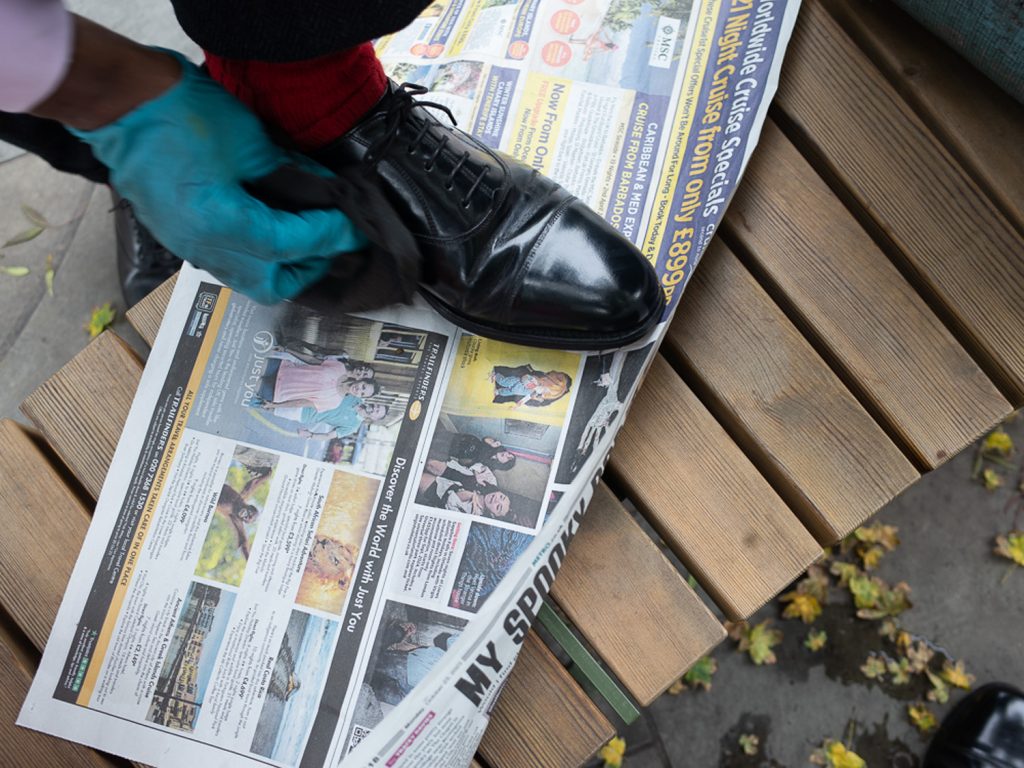
Occasionally, homeless characters or alcoholics stop for conversation; we are happy to converse with them, but make it clear that we are not a gathering point for misery or every sob story. The atmosphere where we stand is full of laughter and interesting conversations. All this is remarkable when one considers our policy of NEVER approaching members of the public, always leaving it to them to engage with us first. From our personal experience we can say that we have received great kindness and goodwill from the public. In the midst of a pandemic and with the end of lockdown people have been exceptionally generous without us ever asking for money by word or begging note, despite the fact that neither of us receives benefits from the state or local authority.
Financial donations from individuals are accepted provided they’re in employment. There are occasions when a donation is refused until a relationship has been established. A photographic record is kept of donations, i.e. date and time received with a brief description of the donor.
Donations are accepted for two reasons:
- Individuals offer donations voluntarily.
- Since insufficient funds led to life outdoors, it would be counterproductive to refuse money offered. However, pensioners, the unemployed and students are encouraged to pass any offerings to someone else or to a charity.
Life outdoors is not ideal, but thanks to the public our time has been nothing but a blessing. People always tell us that we’re lucky to have each other and that it must make life outdoors easier. When we point out that it doesn’t and that during the lockdown married couples and couples in relationships were unable to live peacefully together despite being indoors, they still disagree and continue to claim that being twins is bound to make a difference.
We look fairly similar, wear identical clothes, have the same taste in art, music, literature and philosophy, but none of these help if each person’s mindset is on the opposite side of the road. Each man has his own way of thinking and doing things; we wouldn’t want it any other way. Ideas are pooled together and we come to an agreement as to the best course of action. This is the only way life outdoors is made easier. Harmony is not gifted to anyone just because they’re indoors or outdoors. Harmony is a product of thoughts and actions.
